If you’re into gaming, you might have wondered why Nintendo games are so expensive. What’s so unique about Nintendo that its games don’t compare with its competitors’ prices?
It might not be what you think. But it has a reason behind it.
We will be explaining all the possible reasons, and we’ll also compare Nintendo games’ prices with other consoles, so stick around!
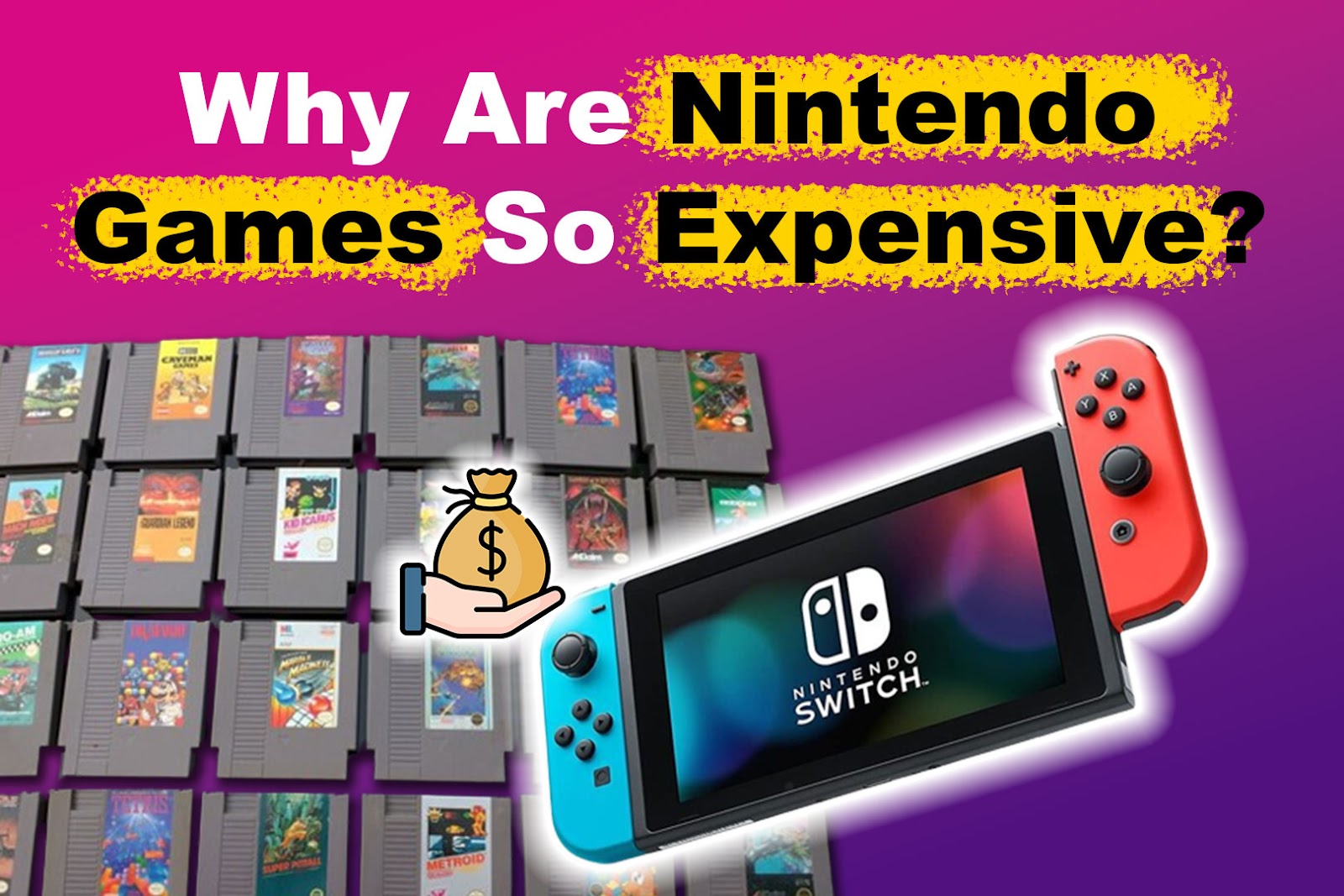
Why Are Nintendo Games Very Expensive?
Here’s why Nintendo games cost so much:
1. Switch Games Are Durable
Nintendo designed their game cards to withstand normal handling. Switch’s game cartridges are made of high-quality plastic, so storing them for a long time won’t affect their durability. This long shelf life is a good reason why Switches are so expensive.
In addition to the cartridge durability, their games don’t go out of style. Unlike other game graphics, Nintendo uses vibrant contrast and a colorful and cartoony style. This allows their games to look visually appealing regardless of the new graphic trends.
2. Caters to Different Demographics
Nintendo games satisfy different age ranges. For instance, they offer rated E (Everyone) games like Pokémon and Mario, and rated M (Mature) games like Resident Evil 2.
Teens are among the significant contributors to Switch games’ revenue because Nintendo offers games that target them.
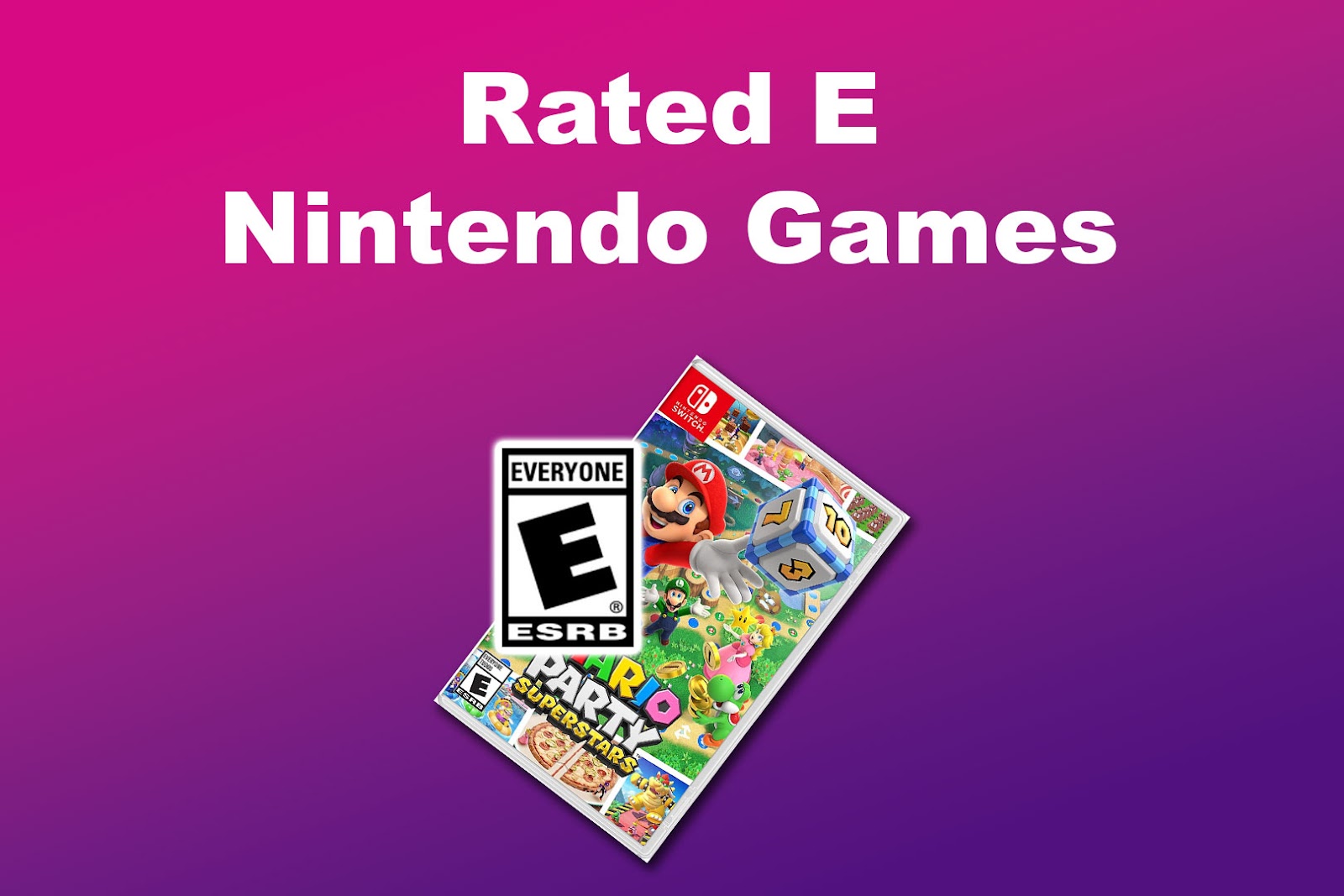
3. High Demand, Limited Supply
Switch games are among the most played games in the industry. They’ve had a massive increase in demand over the years.
One of the earliest demand surges was in 2017, when Nintendo had only planned to produce 2 million devices. Instead, they got 2.74 million orders worldwide, which limited their supplies. Nintendo took advantage of this high demand, contributing to the prices of their games.
Switch games like The Legend of Zelda even have collector’s editions. This results from limited production, making the existing copies more expensive as time progresses.
4. Nintendo Games Don’t Drop in Value
Nintendo doesn’t need to lower the price of its Switch games because people still buy them despite their high cost. Switch games are usually first-party titles, meaning Nintendo developed and published them.
This results in a limited supply, which prompts people to buy the games despite their prices.
Another reason why Nintendo doesn’t drop the value of its games is that they are high-quality. Their gameplay is unique and creative. To achieve such quality, Nintendo has to invest a lot of money during game production.
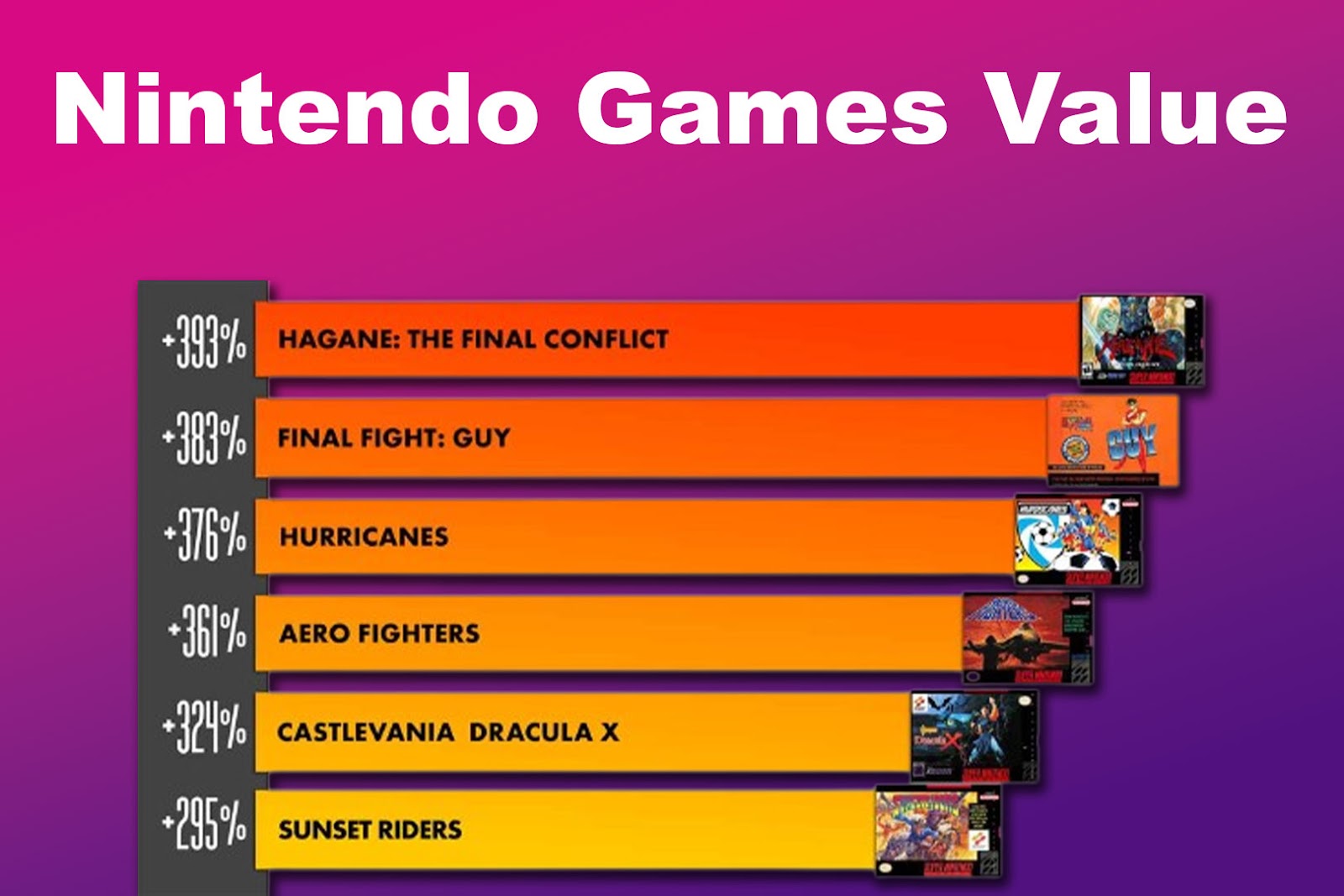
5. Switch Games Are Collectible Items
Many Switch games are limited editions and collector’s items, making their ownership more of an opportunity. As a result, they are willing to spend hundreds of dollars just to get their hands on these games.
Nintendo games are known for their attention to detail in their packaging and cover art. Gaming collectors appreciate such aesthetics, which is another reason they collect them.
6. Cartridge-Based Games Are Expensive & Harder to Make
Nintendo games are pricey due to the high cost of cartridge-based system manufacturing. The materials for these game cards, like ROM chips and plastic casings, are relatively expensive.
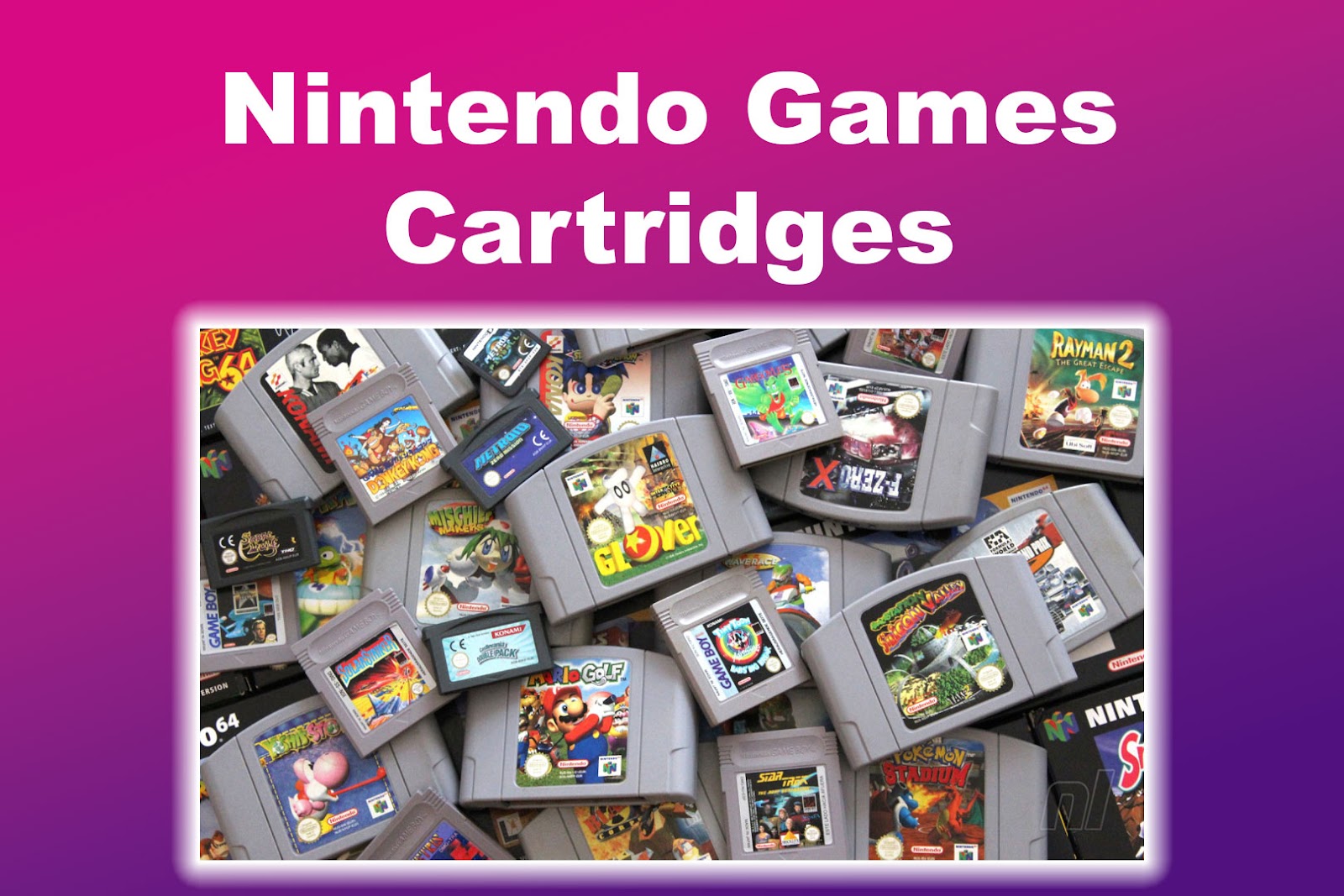
Despite being more complex than other game cards, Nintendo still opts for the cartridges, as long-term gamers are more familiar with them. They also load game data faster, making cartridge-based games expensive.
7. Nintendo Switch Games Are Classics
Another reason why Nintendo games are so expensive is their nostalgic effect. Nintendo has succeeded in evoking nostalgia with its limited releases. If you played Pokémon as a kid, you will get a similar experience when trying it as an adult.
The classical nature of Switch games is a reliable selling point. Some people are willing to pay extra to try Nintendo’s retro gaming.
Do Nintendo Switch Games Get Cheaper?
Nintendo games don’t get cheaper because they don’t get obsolete and will still be fun to play after years. Switch cartridges are also high in quality, which adds to their expansiveness. There may be occasional price drops, but they are temporary, and Nintendo will still sell its games for their original price.
You can get secondhand cartridges from online marketplaces if you want more affordable Nintendo Switch games. Usually, a Switch game’s popularity will determine its price over the years. Therefore, to save your money, you can purchase less popular games.
How Nintendo Games’ Prices Compare to Other Consoles
The fact that Nintendo games are expensive is well-known, with some of its games reaching up to $120! But how do their prices compare to other consoles’ versions?
Here’s a comparison of Nintendo games’ prices with WII, PlayStation, and Xbox consoles:
- Nintendo Switch.
Nintendo Switch games typically fall within a wide price range. New, popular first-party titles often launch at full retail prices, which can be around $59.99 to $69.99 USD.
However, Nintendo is known for maintaining the value of its games over time, so even older titles may still be relatively expensive compared to games on other consoles. - Nintendo 3DS and 2DS Games.
Games for the Nintendo 3DS and 2DS tend to be somewhat less expensive than their console counterparts. New releases might cost between $29.99 and $39.99 USD, while older titles or budget-friendly options can be found at lower prices. - Playstation.
You can purchase PlayStation games between $0.99 and $39.99. However, new game releases, especially for PS5, can be pricey. Prices for Xbox games tend to drop after they’ve been on the market for a while, just like with Switch. - Xbox.
Xbox prices average between $14.99 and $69.99. This is affordable compared to Switch’s games, like Tears of the Kingdom, which cost $69.99.
There Are Several Reasons Why Nintendo Games Are Expensive
Nintendo’s pricing strategy differentiates it from other gaming companies. Users have accepted this pricing strategy, and Nintendo has taken advantage of their games’ high demand and value.
You can also collect and store Switch games for future use, gifting, or reselling. If you’re wondering if prices will ever drop significantly, the release of the new Nintendo console in 2024 might give us some insight into the prices of older versions.
![How Many Games Can a Switch Hold? [With & Without SD Card] number games switch share](https://alvarotrigo.com/blog/wp-content/uploads/2023/08/number-games-switch-share-300x150.png)
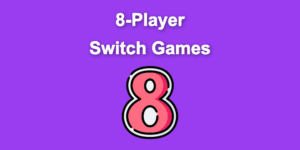

![10 Best Nintendo Switch VR Games [Tested & Ranked] switch vr games share](https://alvarotrigo.com/blog/wp-content/uploads/2023/08/switch-vr-games-share-300x150.png)
![Nintendo Switch Warranty [Duration, Coverage, How to Extend...] nintendo switch warranty share](https://alvarotrigo.com/blog/wp-content/uploads/2023/08/nintendo-switch-warranty-share-300x150.png)
